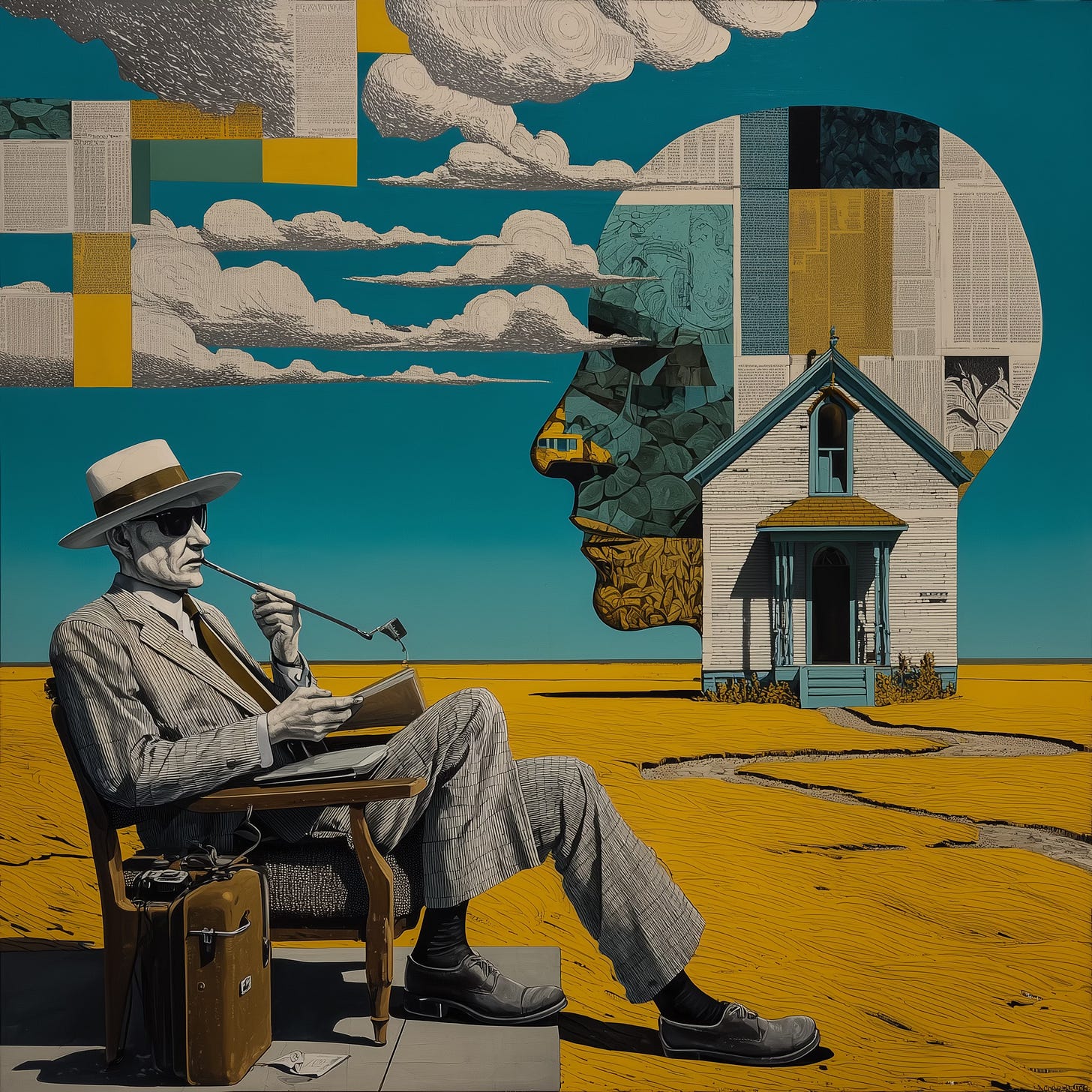The Virtue of Reticence: When Privacy Was a Democratic Value
Necessary for original thought.
In 1886, Emily Dickinson died with forty years of poems sewn into small booklets, hidden in her bedroom dresser. She had published only eleven poems in her lifetime, all anonymously. When her sister discovered nearly 1,800 poems after her death, she found the work of perhaps
America’s greatest poet, deliberately withheld from public view. Today, we would diagnose Dickinson with imposter syndrome, recommend she build her platform, suggest she network more. We would see her reticence as failure rather than what it was: a fierce protection of the conditions necessary for original thought.
Dickinson understood something we’ve forgotten: privacy is not the enemy of democracy but its prerequisite. The notion seems absurd to us now, living as we do in glass houses of our own construction, performing our lives for invisible audiences, mistaking visibility for virtue.
But for most of American history, the ability to maintain a private life was considered essential to developing the kind of citizens democracy requires; people capable of independent thought, moral reasoning, and genuine conviction.
The Founding Fathers built this understanding into the architecture of American democracy. They drew sharp distinctions between public and private life, not from prudishness but from political philosophy. John Adams conducted his fierce debates with Jefferson through letters meant for posterity, but his tender correspondence with Abigail remained private for generations.
George Washington carefully curated his public persona while maintaining that his Mount Vernon life was off-limits to political scrutiny. They understood that democracy requires citizens to meet in the public square as equals, but that equality depends on having a private space where one can think, feel, and be without performing for others.



